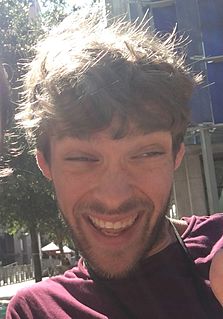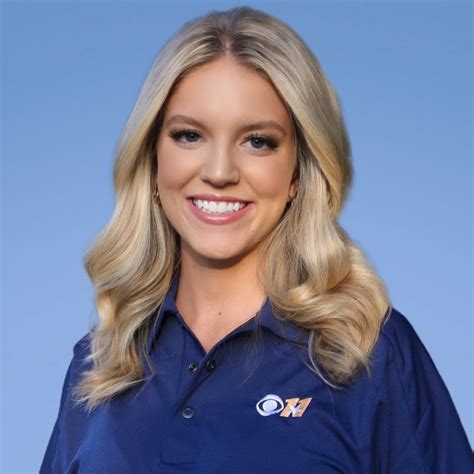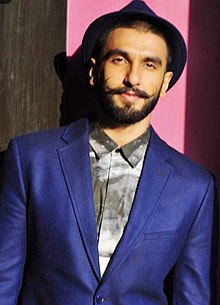A Quote by Garth Kravits
While the film [Hide and seek] is a work of fiction, I know many people, not just women, who have felt the way my character feels in the film, a certain kind of invisibility. I am grateful that my parents, Bev Umehara and Russell Chang, instilled a healthy sense of self-esteem in me from an early age.
Related Quotes
The documentary we are working on is about my mother, Bev Umehara, for whom our film company, Bev's Girl Films, is named after. It is a passion project that I have wanted to make since her unexpected passing in 1999. The film is about my mother's calling which came late in life, at 47, when she made the sudden transformation from a humble hardworking secretary and mother of four, into a labor activist, a respected union leader, and a role model for rank-and-file workers, women of color, and for all Asian Pacific Americans.
When you get many opportunities early on, and you have people who have been working for a while counting on you, you have to at least pretend that you know what you're doing. So any actor that's pretending, you start to develop philosophies. Without years and years of experience, you kind of go with an attitude that you know what you're doing. And so I think right around that time, I was kind of at the peak of rigidly thinking that I knew how to work in film in a way that I wanted to. Cameron was extremely patient and generous with me.
"Fish Tank" [my favorite woman-directed film] by Andrea Arnold. The film is so beautifully shot, and I love the raw energy of Katie Jarvis, who plays the main character, Mia. She is not a professional actress and she provides the film with a sense of realism. To me, the film feels so complete and superior.
It takes a certain kind of mind to narrate, to work through character motivation, to be unforgiving to one's writer-self when it comes down to creating the minutiae of detail. Writing fiction requires stamina, a sense of how people's lives work, how people work toward and against one another and, above all, precision.
I think people are willing to take more of a risk on an indie film, about character, etc...but at the same time, when I work on projects that are substantially bigger, in a way they do feel small. Even though the catering is way better and we actually have someone shooting with real film.... The budgets are bigger but the story still feels small, like an indie film.
There are loads of sociopolitical, racial, class and future-planet situations that really interest me, but I'm not really interested in making a film about them in a film that feels like reality because people view that in a different way. I like using science fiction to talk about subjects through the veneer of science fiction.
If I ever thought of directing again, I mean - I don't know, even the idea of directing a film is a strange one for me, because I feel kind of anti mathematics in a way in that sense. Anti - I don't like when things make sense, I prefer if they don't, so if I made a film, it wouldn't make any sense and no one would see it. So maybe I'll just make little films at home with my phone, never to be released.
I don't have the story finished and ready when we start work on a film. I usually don't have the time. So the story develops when I start drawing storyboards. I never know where the story will go but I just keeping working on the film as it develops. It's a dangerous way to make an animation film and I would like it to be different, but unfortunately, that's the way I work and everyone else is kind of forced to subject themselves to it.
You do the work and you want people to see it; but, um while I'm doing the work, the result doesn't matter at all to me. Ultimately, I don't, I don't care whether the film is - you know - some big giant box-office bonanza and I don't care if its a complete flop. To me, when a film gets made and it's actually finished it's a success. They're all a success in their own way.
































